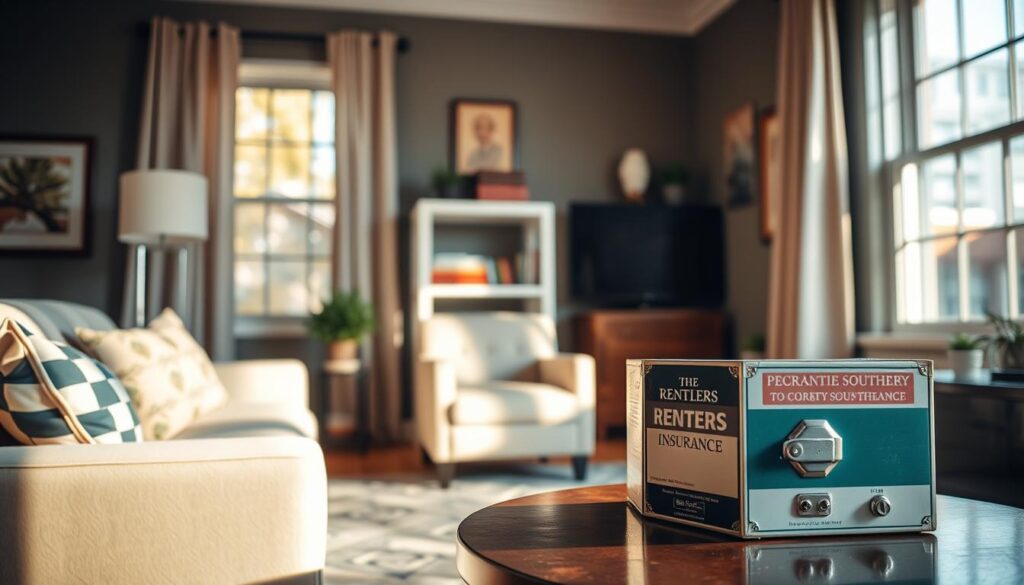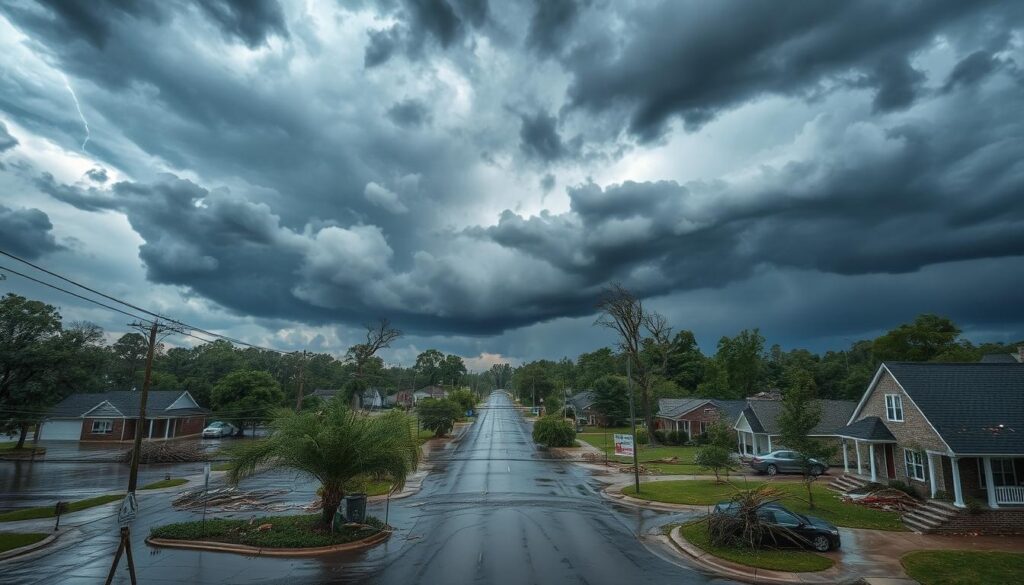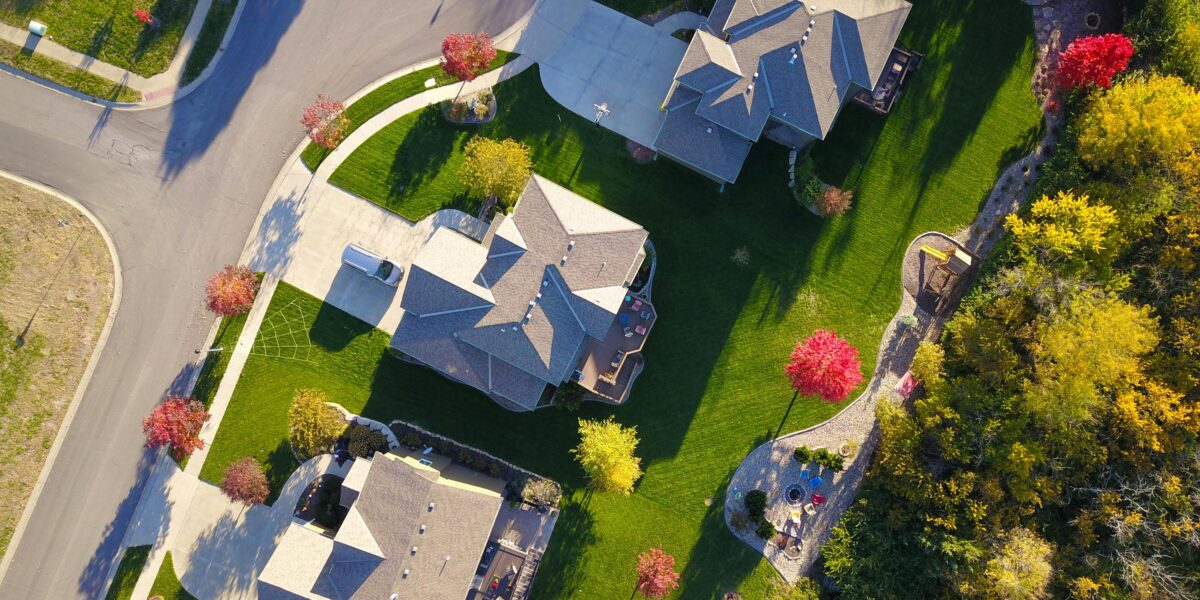Protect your belongings in Georgia with comprehensive renters insurance georgia coverage. Get affordable quotes and secure your personal property today.
Renters insurance Georgia is a key protection for people. It covers your personal items and protects you from unexpected events like tornadoes and theft. The average cost in Georgia is just $194 a year, or $16 a month. This makes it a very affordable option.
If you rent in Atlanta, Savannah, or anywhere else in Georgia, renters insurance is a must. It offers wide coverage to keep you worry-free. It protects your belongings, covers liability, and helps with extra living costs if you face a loss.
Key Takeaways
- Renters insurance in Georgia costs an average of $194 per year, one of the most affordable in the U.S.
- Coverage includes personal belongings, liability protection, and additional living expenses
- Top-rated providers like State Farm, The Hanover, and Country Financial offer competitive rates and discounts
- Bundling renters and auto insurance can save you up to 5% on your auto policy
- Renters insurance is essential for protection against natural disasters like tornadoes and hurricanes
Understanding Renters Insurance in Georgia Basics
Renters insurance is key for protecting your stuff and money in Georgia. It’s not required by law, but it’s very helpful. It guards against many risks, like natural disasters and lawsuits.
What Makes Georgia Unique for Renters Coverage
Georgia faces big weather dangers like hurricanes and tornadoes. Renters insurance helps keep your things safe. It also covers extra living costs if you have to move out temporarily. Plus, high crime areas might need more liability coverage to protect you.
Key Components of a Standard Policy
A standard renters insurance policy in Georgia has three main parts: personal property coverage, liability protection, and additional living expenses (ALE) coverage. Personal property coverage helps replace your lost or damaged items. Liability protection keeps you safe from lawsuits if someone gets hurt on your property. ALE coverage helps with living costs if you have to move out because of damage.
Legal Requirements and Regulations
Renters insurance isn’t required in Georgia, but landlords might ask for it. Always check your lease to know your duties. It’s also good to know about state rules and what’s not covered, like floods or earthquakes.
Average Cost of Renters Insurance in Georgia
If you rent in Georgia, knowing the average cost of renters insurance is key. The typical cost is about $194 a year or $16 a month. This makes Georgia one of the pricier states for renters insurance.
Several things can change how much you pay for renters insurance in Georgia. Your location, the type of property you rent, and your credit score all play a role. For instance, State Farm might offer rates as low as $21 a month. But the average is closer to $35 a month.
It’s smart to compare quotes from different insurers to find a good deal. With the right policy, you can protect your stuff and feel secure, no matter where you live in Georgia.
“Renters insurance is a must-have for anyone renting a home or apartment in Georgia. The cost is relatively low, but the protection it provides is invaluable.”
When looking at the average cost of renters insurance in Georgia, keep a few things in mind:
- Location: Renters in places like Atlanta might pay more than those in smaller towns or rural areas.
- Property Type: The size, age, and security of your rental can affect your quotes.
- Credit Score: Insurers use credit scores to set rates. So, a good credit score can help lower your costs.
By understanding these factors and comparing quotes, you can find a policy that fits your budget and needs.
Essential Coverage Types for Georgia Residents
As a Georgia renter, knowing the key coverage types is vital. They protect your personal items and liability. Your renters insurance should be a strong safety net for your personal belongings coverage and georgia renters liability.
Personal Property Protection
Your renters insurance in Georgia covers your personal stuff. This includes furniture, electronics, clothes, and appliances. It guards against fire, theft, and vandalism. This is important because Georgia sees about 2.8 weather-related disasters a year, which can harm your belongings.
Liability Coverage Options
Liability protection is a key part of your renters insurance in Georgia. It helps if someone gets hurt on your rental or if you damage someone else’s property. For example, dog bites can cost up to $58,545, showing why you need this coverage.
Additional Living Expenses Coverage
Your policy should also have loss of use coverage. This helps with extra living costs if your rental is not safe to live in. It covers things like hotel bills and meals, helping you financially during tough times.
Knowing about these coverage types helps Georgia renters protect their belongings, liability, and financial well-being.
Top Insurance Providers in Georgia
Looking for renters insurance in Georgia? You have many top choices. State Farm, Allstate, Amica, and Assurant are leaders in tenant coverage in Atlanta and the state.
State Farm is known for low rates, with an average of $21 a month. Amica stands out for its great customer service and claims handling. Assurant offers a wide range of coverage to fit your needs.
Country Financial, The Hanover, and Lemonade are also worth considering. They each have unique policies and benefits.
“Renters insurance is an essential protection for Georgia residents, safeguarding their personal belongings and providing liability coverage in case of accidents or incidents.”
When picking a renters insurance provider in Georgia, compare quotes and coverage. Also, read customer reviews to find the best match for your needs and budget.

Factors Affecting Your Premium Rates
Several factors can change your renters insurance rates in Georgia. These include where you live, the type of property, and your credit score. Knowing these can help you find the best deal on renters insurance.
Location-Based Considerations
The city or area you live in matters a lot. Places with more crime or near fire stations might cost more. Also, areas at risk for natural disasters can raise your rates.
Property Type and Security Features
The kind of place you rent affects your rates. For example, apartments with alarms or gates might get you discounts. But, older or less safe buildings could cost more.
Credit Score Impact
Your credit score also plays a role. People with better credit scores often pay less for insurance. Keeping your credit in good shape can help you save money.
| City | Average Renters Insurance Premium |
|---|---|
| Albany | $25/month |
| Gainesville | $56/month |
Understanding these factors can help you get the best renters insurance. You can find great coverage at a good price.
Natural Disaster Coverage in Georgia
Renters insurance in Georgia is key when it comes to natural disasters. It usually covers damage from hurricanes, like wind, hail, and lightning. But, coastal areas might have special hurricane deductibles to know about.
Tornado damage is usually covered by renters insurance. But, places that get hit by tornadoes a lot might need extra wind insurance. Sadly, flood damage isn’t part of renters insurance. You might need a special flood policy for that.
- Renters insurance covers hurricane damage, including wind, hail, and lightning
- Coastal areas may have separate hurricane deductibles
- Tornado damage is generally covered, but frequent tornado areas may require separate wind insurance
- Flood damage is not typically included in renters insurance and may require a separate flood policy
After a disaster like Hurricane Helene or Tropical Storm Debby, FEMA might help renters. They can get help for things like replacing personal property, tools, and even vehicle repairs. They might also cover medical and dental bills.
To get FEMA help, renters can go to DisasterAssistance.gov, use the FEMA App, or call 800-621-3362. You’ll need to give some personal info, like your phone number, addresses, and Social Security number. You’ll also need to list your damage and losses, and your banking and insurance details.
“FEMA cannot duplicate benefits for losses covered by insurance, but federal assistance may be available for expenses not covered.”
Knowing what your renters insurance covers and what FEMA can help with is important. It helps Georgia residents protect their dwelling coverage quotes and personal property insurance from bad weather.

renters insurance georgia Coverage Limitations
When looking at renter policy quotes in Georgia, knowing what’s not covered is key. Renters insurance offers great protection, but it’s not perfect. Some things and situations might not be included in a standard policy.
Common Exclusions
In Georgia, renters insurance usually doesn’t cover damage from floods and earthquakes. It also doesn’t cover damage from pest infestations or neglect. Always check your policy to know what’s included in your atlanta renter liability coverage.
Optional Add-ons Available
- Flood insurance
- Replacement cost coverage
- Additional coverage for high-value items like jewelry or electronics
- Mold protection
- Food spoilage coverage
These extra options can cost more, but they offer vital protection. They cover risks not included in a basic policy. Think about adding these based on your needs and your rental property’s specifics.
Knowing what your renters insurance doesn’t cover helps you make smart choices. This way, you can protect your stuff and atlanta renter liability in Georgia better.
How to Get the Best Insurance Rates
To find affordable renters insurance Georgia, you need to know a few tricks. First, figure out how much coverage you really need. Then, compare prices from different insurance companies. Don’t forget to look for discounts that can save you money.
One smart way to cut costs is to combine your renters insurance with your car insurance. Many companies give discounts for bundling these two. You can also save by using automatic payments, going paperless, or having no claims for a while.
- Assess your coverage needs accurately to avoid over- or under-insuring
- Compare quotes from at least 3-5 reputable insurance providers in Georgia
- Take advantage of bundling discounts by pairing renters insurance with auto coverage
- Look for other money-saving discounts like those for automatic payments or paperless billing
By using these strategies, you can find the cheapest renters insurance Georgia that fits your needs. Remember, taking the time to compare and explore options can lead to big savings in the long run.
“Renters insurance is an affordable way to protect your personal belongings and liability as a Georgia renter. Getting the best rates takes some research, but it’s well worth the effort.”
Understanding Policy Deductibles
When you explore renters insurance in Georgia, you’ll come across a key term: policy deductibles. A deductible is the amount you pay first before your insurance helps out.
Renters insurance deductibles usually fall between $500 and $1,000. Some companies, like State Farm, might offer deductibles up to $2,000. Lemonade even has a special renters policy with no deductible at all. Also, you might see a 10% deductible option, which means if your coverage is $10,000, the deductible would be $1,000.
Choosing your deductible can change how much you pay for renters insurance. For example, raising your deductible from $250 to $500 can lower your yearly premium by $36, or 13%. Going up to $1,000 can cut your premium by another $12, or 5% less than the $500 deductible.
Most people only make a renters or home insurance claim every 20 years. But, if you make a $1,000 claim with the higher premium, you could save over $200 compared to the lower premium.
Renters insurance premiums can change over time. Making a claim, even just once, can make your premiums go up because you’re seen as a higher risk. If you file claims for small damages, your premiums could go up a lot. It’s wise to pay for small damages yourself to avoid big premium increases later.
Choosing the right deductible depends on how much risk you’re willing to take and your financial situation. A higher deductible means cheaper premiums but means you’ll pay more when you do make a claim.
| Deductible Amount | Premium Reduction |
|---|---|
| $250 to $500 | 13% decrease |
| $500 to $1,000 | 5% further decrease |
Understanding renters insurance deductibles in Georgia helps you make smart choices. You can find the right balance between dwelling coverage quotes and personal property insurance savannah and your budget. This way, you get the protection you need without spending too much.
Filing Claims and Documentation Process
Understanding the process for georgia renters liability claims is key. Whether it’s property damage, loss, or liability, the right documentation is crucial. It can greatly affect your claim’s outcome.
Step-by-Step Claims Guide
- Right away, tell your landlord and the police about any damages or losses.
- Document the incident with photos or videos of the affected areas and damaged items.
- Collect all important receipts, invoices, and documents to back your claim.
- Reach out to your atlanta renter liability insurance provider quickly, usually within 48-72 hours.
- Work closely with your assigned claims adjuster to make the process smoother.
- Be ready to list all damaged or lost items and their estimated value.
Required Documentation
When filing a georgia renters liability claim, proper documentation is vital. Insurers need certain information:
- Detailed inventory of damaged or lost items
- Photos or videos of the affected areas and damaged property
- Receipts or purchase records for high-value or unusual items
- Police report for theft or vandalism claims
- Estimates for repair or replacement costs, if applicable
By following these steps and providing the right documentation, you can boost your chances of a successful atlanta renter liability claim. This will help resolve your case quickly.
Comparing Insurance Quotes in Georgia
When looking for renters insurance in Georgia, it’s key to compare quotes from various providers. This helps you find the best coverage and rates. Things like where you live, the type of property, and how much coverage you want can change your monthly costs a lot.
For example, State Farm has the cheapest renters insurance in Georgia, costing just $21 a month. Amica, on the other hand, offers great customer service and more comprehensive coverage for about $31 a month.
Renters insurance prices can differ a lot in Georgia’s cities. In the state’s 25 biggest cities, prices can vary by up to $30 a month for the same coverage. This shows why getting quotes from different insurers is important to get the best deal.
Assurant, for example, provides a wide range of coverage options in Georgia for around $32 a month.
When picking your renters insurance policy in Georgia, think about more than just the cost. Look at coverage limits, deductibles, and extra features too. By comparing quotes from trusted providers like State Farm, Amica, and Assurant, you can find a policy that balances cost, coverage, and service well. This will help protect your belongings and give you peace of mind.


